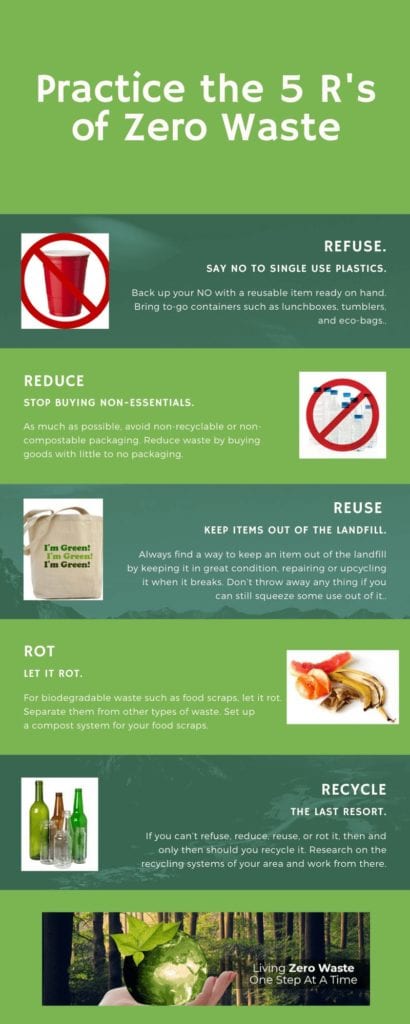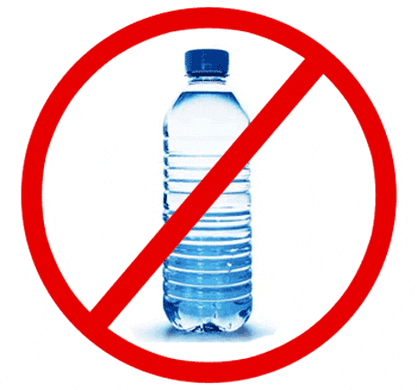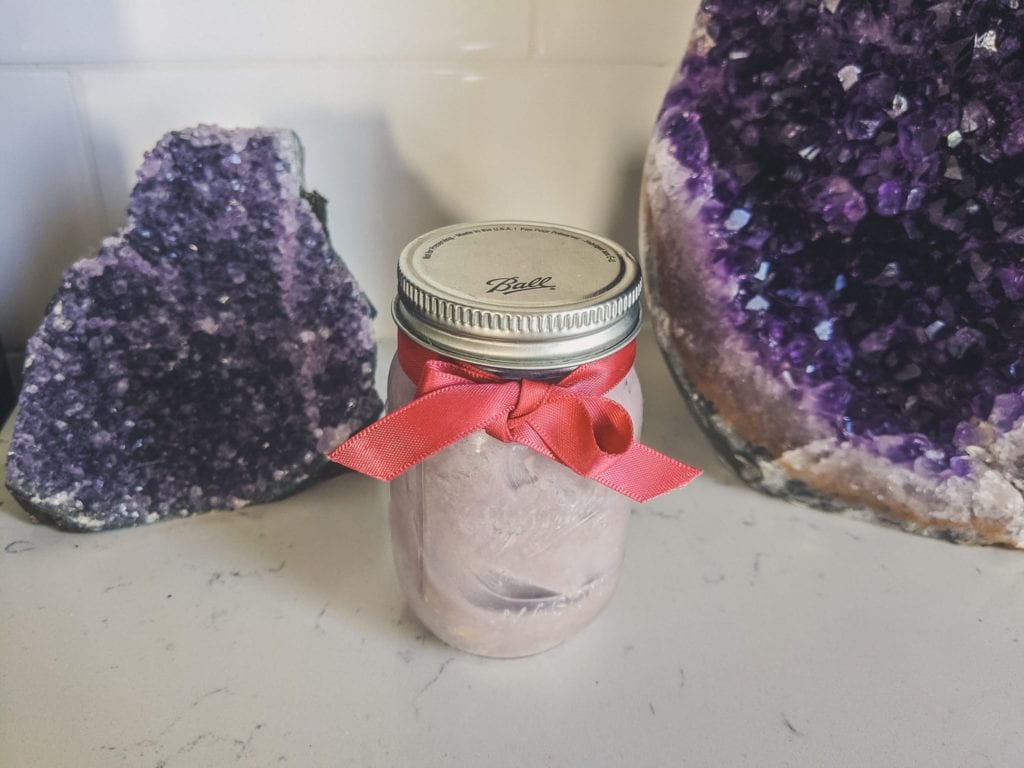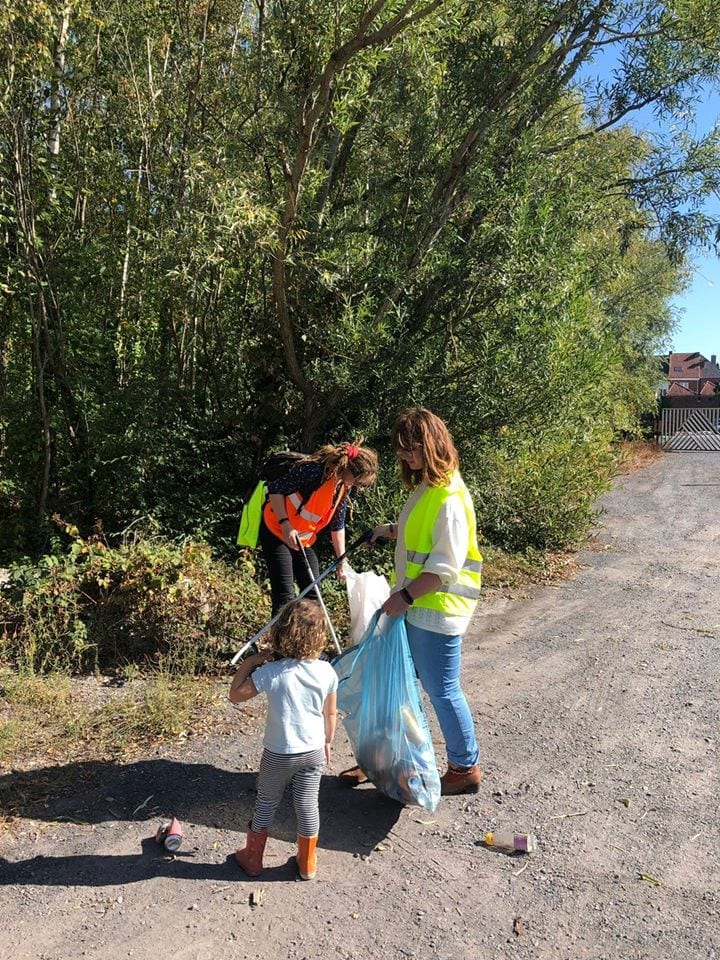3 Rs is out, 5 Rs is in: Level Up Your Waste Management
Shifting into a zero waste lifestyle is undeniably a challenging task. Who wouldn’t be having a hard time living with zero waste when almost all the things here in the world are designed to contribute a waste?
The sudden shift to a zero waste lifestyle may seem impossible to do so, but with sincere determination and care to the world you live in, this way of living is a big yes towards combating climate change.
One of the basic principles of the zero waste is to change the way you look at your trash. So you should switch from the 3 Rs to the 5 Rs.
3 Rs of Solid Waste Management
Solid Waste Management is a system of managing waste from individual to communal level. It involves the collection, treatment, and disposal of solid wastes.
Traditionally, it is about the 3 Rs – Reduce, Reuse, and Recycle.
- Reduce – decrease the amount of wasteful things you have in your life
- Reuse – find new use from old things through upcycling or donation
- Recycle – send plastics and other recyclable materials to proper recycling facilities
The traditional solid waste management system is not enough to solve the waste pollution.
The 3 Rs (Reduce, Reuse and Recycle) represent the linear economy that rapidly depletes the Earth of its natural resources. They are deficient in addressing the different types of waste pollution, especially plastic pollution.
Most importantly, doesn’t account for how to manage the minutiae of solid waste management: you need to segregate waste – not just from biodegradables and nonbiodegradables.
5 Rs of Zero Waste Management

Right now, you may be asking yourself internally, “Is it really possible to live with zero waste at all?”. Well, don’t worry, the term “Zero waste” here doesn’t entirely mean zero waste thrown. Rather, “zero waste” means that the least possible amount of trash should end up in landfills. In this lifestyle, managing your waste is quite different.
Instead of practicing only the commonly known as 3 Rs (Reduce. Reuse, Recycle), you should live by the 5 Rs of zero waste. Does it ring a bell to you?
Refuse

The first of the 5 Rs is about “saying NO!”
Learning to say NO is a substantial step towards zero waste living. Practice saying no to single-use plastics such as paper cups, disposable utensils, plastic straws, and other unnecessary items. Aside from politely saying no, equipped your NO with a reusable item ready on hand. For full and phenomenal impact, don’t also forget to bring to-go containers such as lunch boxes, tumblers, and eco-bags.
Saying NO to things that might harm the environment can be considered a symbol of affection for Mother Earth. Deliberate products and services beyond the greenwashing advertising. Say NO to fast fashion, plastic, cruel productions, and other environmentally dangerous business practices. Never show any tolerance for activities that worsens climate change.
Reduce
If possible, practice minimalist living. Downsize everything and stop buying non-essentials. It is beneficial not only for the environment but also for your pocket. When you practice zero waste living, you also practice how to discriminate expenses.
Try your best to avoid non-recyclable or non-compostable packaging. Buy goods with little to no packaging to cut waste. Also, don’t be quickly captivated about spending on trends. You’re not just securing your financial future but also the future of the planet.
Discern things that you need to buy and use every day. This will help you be tactful about spending money and rendering your efforts. Divert your attention to those things that matter most in life.
Reuse

Unleash your creativity! Be hesitant about throwing an item if it’s still in excellent condition. Maximize its purpose by repairing or upcycling it. Don’t toss it immediately inside your trash bins.
Old clothes? Transform it magically into convenient reusable bags or cute pet clothes.
Food scraps? Convert them into an easy Quiche, tasty fried rice mix, or flavorful soup stock.
Plastic container? Let your indoor garden have it.
Take a second look carefully before throwing your things out. What you might discard away today would be your regret of tomorrow.
Rot

Don’t sweat yourself about biodegradable waste such as food scraps. Let it rot. Make a compost system and always separate them from the other types of garbage. You may also search for some nearby food scrap drop-off center (like a farmer’s market or community garden) within your place. Best of all, you may start your garden and use your compost to supplement your plants.
Recycle
Recycling should be the LAST RESORT in the 5 Rs. If it’s difficult for you to refuse, reduce, reuse, or let it rot, then it’s time to recycle. Start with researching the recycling systems in your area. That would be your very first step.
In recycling any plastic, paper, glass, or metal, always clean them thoroughly before throwing them into the blue bin. This would increase your recyclables’ chances of being processed as you just lessened the risk of contamination from dirt.
How can you implement the 5 Rs in your household and offices?
Households:
- Do a trash audit.
- Segregate your waste into three categories: a) things you can reuse, b) things you can compost, and c) things you can recycle.
- From your trash audit, examine and think of which things you can refuse and reduce in your life.
- Send your recyclables to recycling centers in your area.
- In your daily life, start refusing plastics and bringing reusable alternatives.
- Reduce food waste by regrowing from your food scraps.
- Support local farmers and artisans by buying their produce and crafts.
Offices:
- Do a trash audit.
- Conduct regular waste collection from every worker.
- Send things that can be upcycled to livelihood programs.
- Start an organizational garden through composting.
- Go paperless.
- To avoid food waste, share food with as many people in the office.
- Switch to reusables as much as possible.
- Incentivize sustainable habits.
Conclusion
Change is constant. As waste pollution is becoming more alarming these days, it is also imperative to upgrade our solid waste management. The traditional solid waste management system, 3 Rs (Reduce, Reuse and Recycle), is not enough to solve the waste pollution.
Instead, go zero waste and practice the 5 Rs (Refuse, Reduce, Reuse, Rot, and Recycle). This waste management system promotes a circular economy that pays attention to sustainability and eco-friendly practices. Unlike the traditional system, it only represents the linear economy, which rapidly depletes the Earth of its natural resources.





Worth opting